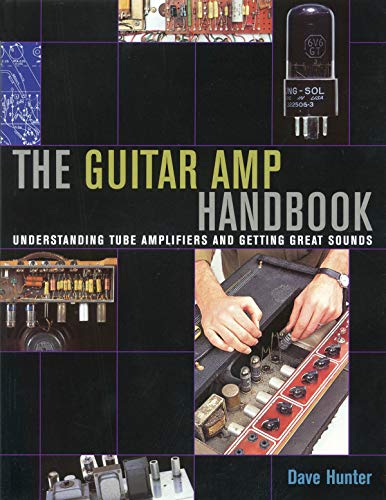JohnRoberts said:
Those who don't study history are doomed to repeat it.
We have many examples of that in modern society.
I see myths from older than that still around.
Yes, AFAIK there is still a Flat Earth Society. OTOH, how many times have I personally witnessed clear visual evidence of the curvature of the earth? Lost count decades ago.
I have an optical feed to my dirt cheap surround decoder and most of the time it sounds good... occasionally it gets stupid and sounds bad, but you get what you pay for (or less) buying very cheap gear, analog or digital.
The claim "You get what you pay for" is far from being always true. If you are discerning enough, you realize that you end up at least occasionally with the experience where you pay good money and get badly designed and built junk. I find it is more correct is to say that you get what you pay for if you are knowledgeable, careful and lucky.
Yes, they could, (beginning at the preamp gain stage and ending at the loudspeaker amp and drivers), but that doesn't mean all consumers will embrace that.
There's that pesky word "all". Any sentence with the word
all in it that refers to the physical world is false. All generalities are false, even this one. So statements like the one above can be criticized on the ground that they make flawed claims, apparently to create a false impression.
Out in the real world a very high proportion of consumers to have audio systems that are wall-to-wall digital from the mic preamp output to the input to the power amp in their speakers. Frankly, most of them don't know and most of the rest don't care.
Its like pointing out a guy driving a classic car and saying that not all drivers embrace modern automotive technology. Fact is that most classic car owners have more modern cars that are their daily drivers. Another emerging trend is the "Retro Mod" which is the skin and shallow depth of the car appearing to be classic, and the operational parts like engine, transmission, suspension, brakes etc. being near-SOTA.
In audio we have so-called tubed digital (most CD) players that are modern circuits with a thin veneer of legacy vacuum tube technology spiced onto it.
Audiophiles who claim to prefer legacy media and playback technology often end up doing most of their listening with modern digital gear. Even a high percentage of legacy LPs are from the late 1970s an onward, when the big recording companies had already invented heavily in digital mastering.
Uncontrolled listening tests are unreliable and arguing with people about what they claim to hear in not productive use of time.
It's usually not productive, but for ethical reasons, I feel that many poorly informed people may deserve one more well-prepared serving on the truth, and they can take it or leave it.
I have never encountered things that I could hear that I couldn't measure, while I have measured things that I cannot hear. (Maybe I just have sh__ for ears).
At this time the differences between the threshold of normal hearing and the current limits of measurement are generally so great that being able to easily measure differences that can't be reliably detected by listening is the expected result.

































